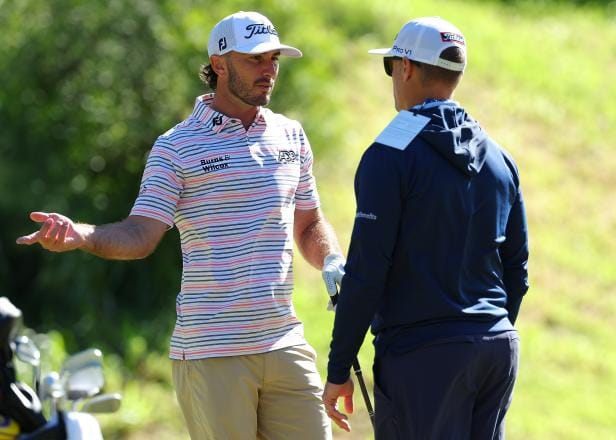Coaches play a crucial role in helping tour players reach their full potential by providing technical knowledge and human skills to guide players through the process of learning and skill acquisition. It’s not just about sharing information and expecting immediate results; it involves managing frustration, struggle, and integration of new skills to instill belief in players. The combination of technical expertise and interpersonal skills is essential for a coach to effectively support players in their development.
One example of a player who exemplifies the willingness to learn and work hard is Bryson DeChambeau. His performance at the U.S. Open showcased his openness to new information and his commitment to putting in the effort to improve. Despite facing challenging situations on the course, DeChambeau’s belief in his skills and decisions allowed him to make crucial shots under pressure. This highlights the importance of instilling belief in players through the learning process to help them succeed in high-stakes situations.
Regardless of whether a player wins or loses, the coach’s role remains the same after a tournament – to have an honest debrief and discuss what worked, what didn’t, and what to focus on next. The best players value coaching and appreciate receiving constructive feedback to help them continue to grow and improve. The focus is on learning and progress, rather than dwelling on mistakes or failures, as every experience is an opportunity to learn and grow.
Effective communication between coach and player is essential for productive discussions about performance and development. Understanding when to speak up and when to step back, tailoring the approach to the player’s preferences, and framing feedback in a constructive manner are key aspects of successful coaching. By fostering a collaborative and goal-oriented environment, coaches can work with players to identify areas for improvement and develop strategies for future success.
For aspiring players looking to improve their skills, the journey may involve facing challenges and setbacks during practice and training. However, with the guidance of a coach and a willingness to put in the hard work, individuals can take ownership of their development and strive for long-term success. Embracing the process of learning, overcoming obstacles, and continuously seeking improvement is crucial for reaching one’s full potential in the world of competitive golf.


